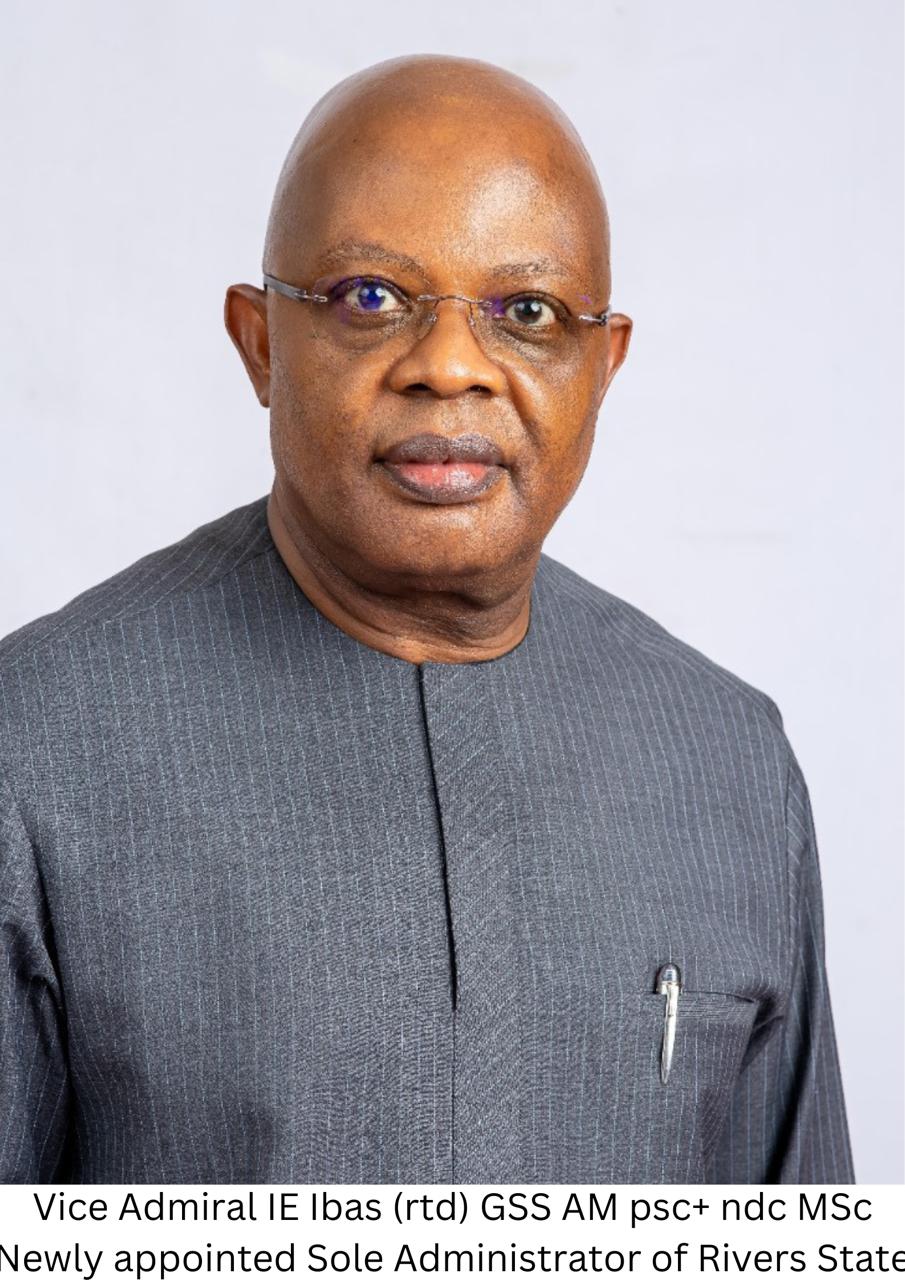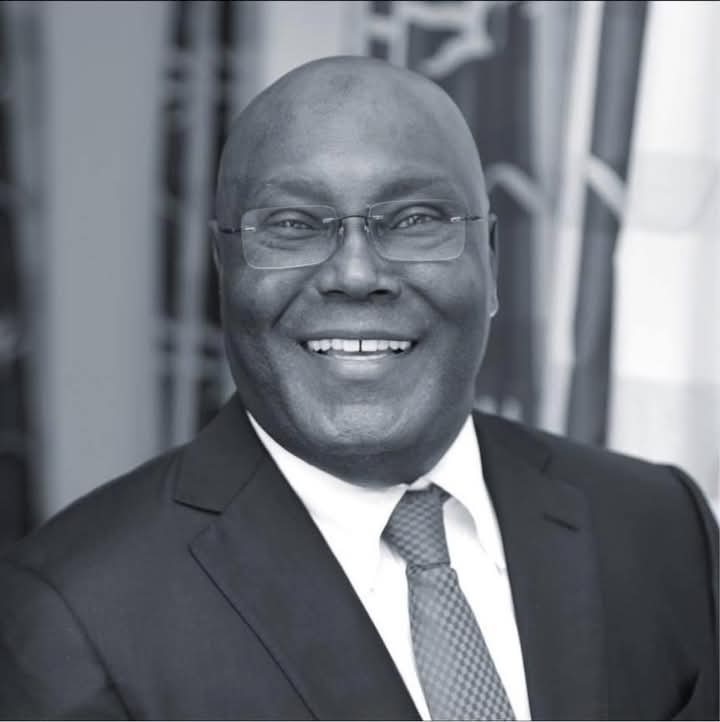NIN: NCC Releases New Guidelines For Foreigners.
By Helen Udoh-Abuja
The Nigerian Communications Commission, NCC, has released new guidelines forthe issuance of National Identity Number (NIN) to foreigners living in the nation.
According to NCC, the guidelines would allow foreigners living in Nigeria to obtain the NIN, now a requirement to get a SIM card and other services in the country, have been released by the NCC.
Specifically, it stated that all legally resident foreigners in Nigeria are to obtain a NIN by submitting valid resident and work permits at any NIMC enrollment centre.
Under the arrangement, foreigners coming in as tourist or visiting visas will have to tender their international passports to acquire SIM cards for use during their stay in the nation.
However, if a visiting foreigner or tourist’s immigration status changes to a residency or work permit, he/she will be required to obtain a NIN and link it to the registered SIM.
Nevertheless, NCC noted that a NIN does not confer citizenship on a foreigner, stressing that it only serves the purpose of identification.
In information obtained from its website, NCC, stated: “The Nigerian Communications Commission is the independent National Regulatory Authority for the telecommunications industry in Nigeria.
The Commission is responsible for creating an enabling environment for competition among operators in the industry as well as ensuring the provision of qualitative and efficient telecommunications services throughout the country.
“Over the years NCC has earned a reputation as a foremost Telecom regulatory agency in Africa. The Commission is hoping to catalyze the use of ICT’S for different aspects of national development. The Commission has initiated several programs such as State Accelerated Broadband Initiative (SABI) and Wire Nigeria Project (WIN) to help stimulate demand and accelerate the uptake of ICT tools and services necessary for the enthronement of a knowledge society in Nigeria.”
It added: “In order to achieve its mandate, the Commission has put in place the necessary licensing and regulatory framework for the supply of telecommunications services.”











